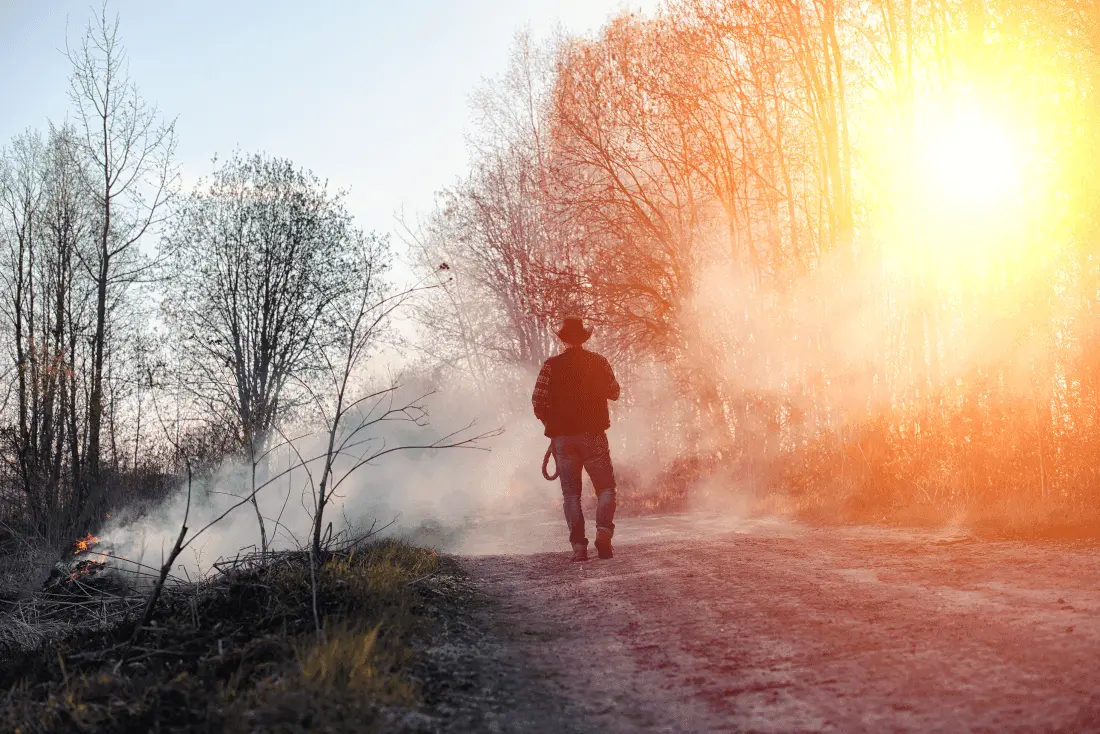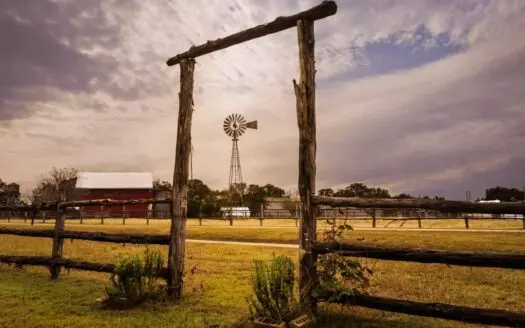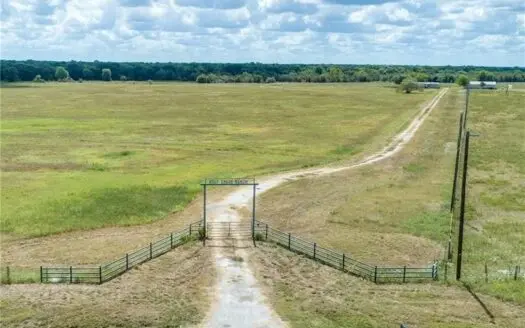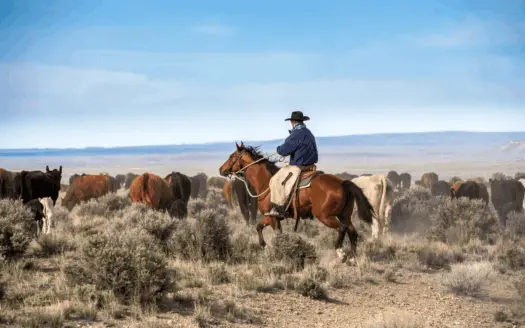How to Protect Land from Fire | United Country Real Estate
How to Protect Your Ranch and Farm Land from Wildfires
It’s the news that every farm and ranch owner does not want to hear:
There’s a wildfire heading in the direction of your land.
This may sound like a nightmare, but for a lot of farmers all over the U.S. it’s an unfortunate reality.
Heatwaves, human error, and drought have all contributed to an unfortunate increase in wildfire across the country.
You may think that there’s nothing you can do about it..
If a wildfire has broken out near your property, you may think that all you can do is evacuate and hope that the damage isn’t too devastating.
But there are steps you can take to protect your property and minimize the damage if the worst happens.
There are plenty of safety measures worth implementing on your land:
How to Protect Your Land from Wildfire
First things first, you need to know how at risk you are of experiencing a wildfire in your location.
Wildfires are most likely to occur in:
- California
- Texas
- North Carolina
- Colorado
- Arizona
- Montana
- Oregon
- Oklahoma
So, if your farm or ranch is located in one of those high-risk states, it’s time to take the necessary steps to protect your property.
And a lot of that protection starts before a fire breaks out!
First and foremost, you need to understand the risks.
Understanding Risks
Almost all wildfires that break out in the U.S are completely preventable.
Yes, natural fires do occur now and again because of heat from the sun or even a lightning strike.
But most of them are caused by human carelessness and error.
The biggest causes of wildfires include:
- Throwing away lit cigarettes
- Arson
- Campfires
- Fireworks
- Burning debris
Some of the lesser-known risks of causing wildfires on rural land include off-highway vehicles, logging practices, more frequent lightning strikes, welding, and fuel storage.
And don’t forget:
The wind-driven embers of a wildfire are the greatest threat to properties, not flames, as the ember increases the chance for a quick spread once they land on combustible material.
Steps to Take Before Fire
Preventing a wildfire seems like a lot of work.
But trust us, it’s a lot less work than recuperating after a fire ravages your farm or ranch.
The first step you can take to protect your property from being ravaged by wildfires is to educate yourself, family members and anyone who works on your farm, on fire safety.
Here are a few tips for practicing farm fire safety to make everyone on the property aware of:
- Make sure your farm/ranch has adequate water supply, such as an irrigation ditch or a water tank. Keep stock tanks full this spring by turning on solar wells, windmills and pipeline fed tanks.
This will help your local fire department have a water source if the worst does happen and there’s a fire on your property.
- When it is dry be careful when driving ATVs, vehicles, tractors, and bale feeders in dead high standing grass. Any kind of a spark or heat source has the power to ignite dried dead grass on fire.
- Keep irrigation sources free of combustible material. It may be worthwhile running the irrigation well to wet things down especially if a fire is headed your way.
- Remove all dead trees, especially if they are close to electrical lines. Dead trees are a huge fire hazard.
- Park tractors and implements away from combustible materials such as hay bales, haystacks, and fuel storage containers.
To do this properly, you should have tractors hooked up to discs so you can use this equipment to make a fire break for an approaching fire and fill liquid tanks when not in use with water for fire suppression.
- Make sure you have adequate fire insurance for your livestock, buildings and equipment.
- Carry out regular inspections and fire drills. You can even invite the fire department for these drills to minimize confusion during an actual fire.
Your land is a huge investment.
You owe it to yourself to carry out your due diligence to ensure your property is protected in the case of a wildfire.
During a Fire: Protecting Your Land
If wildfire does threaten your land and property, the first thing you should do is to get yourself and your family out of there as quickly as possible.
Although losing possessions is devastating, everything is replaceable…
… But your life is not!
But once firefighters do arrive at the scene, they may ask you to make some tough decisions:
What do you want them to save first?
Your livestock, your machinery or your feed?
It’s important that you are prepared to be asked this question so you can make a quick decision in the event of a fire.
If you have time to evacuate your animals, be careful.
Remember that your animals may refuse to leave and may even be inclined to run back into a barn or field that is on fire.
You should also make sure that you do not lead them where they will become trapped or to a dead end.
You should only return to your property once the authorities deem it safe to do so.
After the Fire: What to Do
Once the fire is over, and it’s time to return to your property, make sure you do so with caution.
- Do not enter any damaged barns or buildings. They may be unstable and at risk of collapse.
- If you think that hazardous materials were released during the fire, let authorities know and place warning signs in the relevant areas.
- When disposing of materials, such as those potentially contaminated with chemicals, check on state and local requirements for disposal procedures.
- You can contact your local emergency planning committee for legal clean up if you need it.
- Keep your livestock away from water that may be contaminated.
- Before entering a barn or building assess the true integrity of its structure and turn off electrical supply.
- Check with your insurance provider so you know ahead of time what is covered by wildfires.
As they say, prevention is better than the cure. Make sure that you’re running regular safety procedures on your farm or ranch.
You could also reach out to your local fire department or FEMA for more information about fire prevention.




